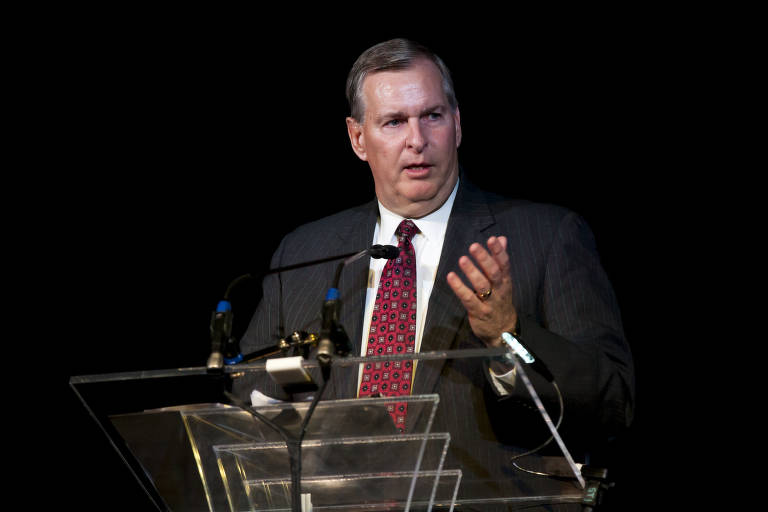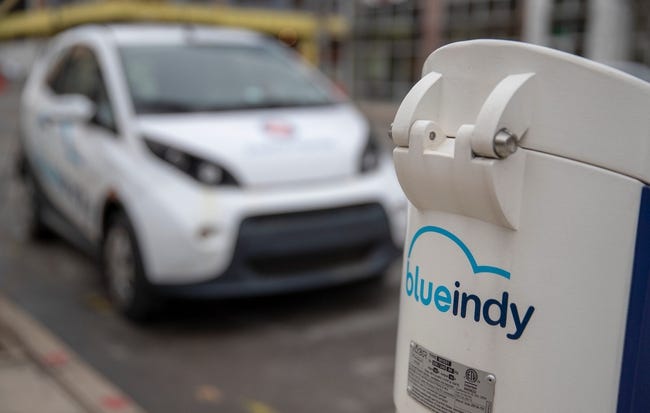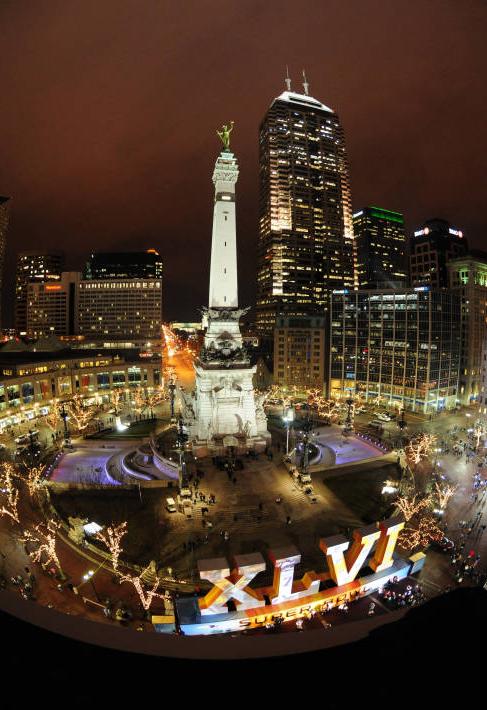Victor in one of the most surprising electoral upsets in Indiana history, Gregory Ballard served two terms as of Indianapolis. His tenure was noteworthy for long-term projects, the rebuilding of infrastructure, and green initiatives, all of which were designed to attract talent to the area.

A retired lieutenant colonel in the Marines, Ballard won an improbable victory over two-term incumbent in 2007 when property taxes became a hot-button issue. With a profoundly low-key tone, Ballard trusted the people that he put in office to make the correct decisions. Ballard’s effectiveness in office helped to earn him earn reelection over Democrat Melina Kennedy in 2011.
Attempting to govern in an era of reduced government finances, the Ballard administration pursued privatization measures that helped bring money into the city budget. This meant selling off city parking meters. The Peterson administration had sold off the city’s water and sewer systems to private companies. The sales, in turn, was used to help repair the city’s crumbling infrastructure in an initiative that Ballard called Rebuild Indy. As part of that initiative, the administration added hundreds of miles of bike lanes to a city that previously had been hostile to all forms of non-automobile traffic.
Ballard’s green initiatives did not stop with bike lanes; he also championed environmental issues by working closely with and advocated energy-efficient hybrid vehicles for the city fleet. In addition, he signed an innovative and controversial contract with French company Bollore Group to provide an electric car-sharing service called . Unveiled to much fanfare, the venture never turned a profit; in December 2019, the parent company terminated its relationship with the city in May 2020.
The administration made more progress on efforts to establish a regional mass transit solution, securing the federal funding for what would eventually become the city’s Red Line of rapid bus transit, while getting early commitments from office-of-the-mayors in neighboring communities to support the effort (See ).

The Ballard administration’s effort to cooperate with the Environmental Protection Agency on its consent decree to clean up an aging sewer system represented one of the office-of-the-mayor’s most important—and most overlooked—legacies. Amending a 2006 agreement, in 2010 the administration announced a cheaper and more ambitious plan to separate the city’s wastewater from its overflow rainwater. The unique result garnered attention in international engineering circles and helped serve as a catalyst to the burgeoning efforts to clean up the Watershed throughout Marion County.
Indianapolis hosted the Super Bowl in 2012 to widespread acclaim. The culmination of more than forty years of a sports strategy in the city, hosting exceeded all expectations as unseasonably warm weather helped the city showcase its renovated Georgia Street corridor. Ziplines and other innovations brought a festival atmosphere to the city and helped silence critics. Ballard also harnessed the popularity of the , thereby ushering in a new era of the connected and redeveloped urban core.

One of Ballard’s lasting legacies was his bold opposition to the , a measure signed into law by Governor Mike Pence to solidify his base with conservative evangelicals. Ballard became the public face for those opposing the measure, arguing that the bill would obliterate the convention industry in the city and ruin the brand of “Hoosier Hospitality” that had characterized the region. With Ballard’s public efforts (and backroom private efforts), Indiana legislators eventually passed a “fix” to the RFRA bill, but not until after the and other major conventions threatened to relocate from the city.
In the 2011 election, Democrats seized control of the . Council unrest and chaos checked some of Ballard’s moves during his second term. In all, however, Ballard proved to be an effective office-of-the-mayor who seemed above most partisan squabbling. His long-term vision and willingness to work on issues previously deemed as liberal causes made for some unlikely allies.
Ballard chose not to seek reelection in 2015. Instead, he became a fellow at the , where he worked on a number of important initiatives and in 2019 published , a book stressing energy independence and advocating electric vehicles. In January 2021, Ballard announced he and his wife Winnie Ballard would move from Indianapolis to Myrtle Beach, South Carolina.

Help improve this entry
Contribute information, offer corrections, suggest images.
You can also recommend new entries related to this topic.

